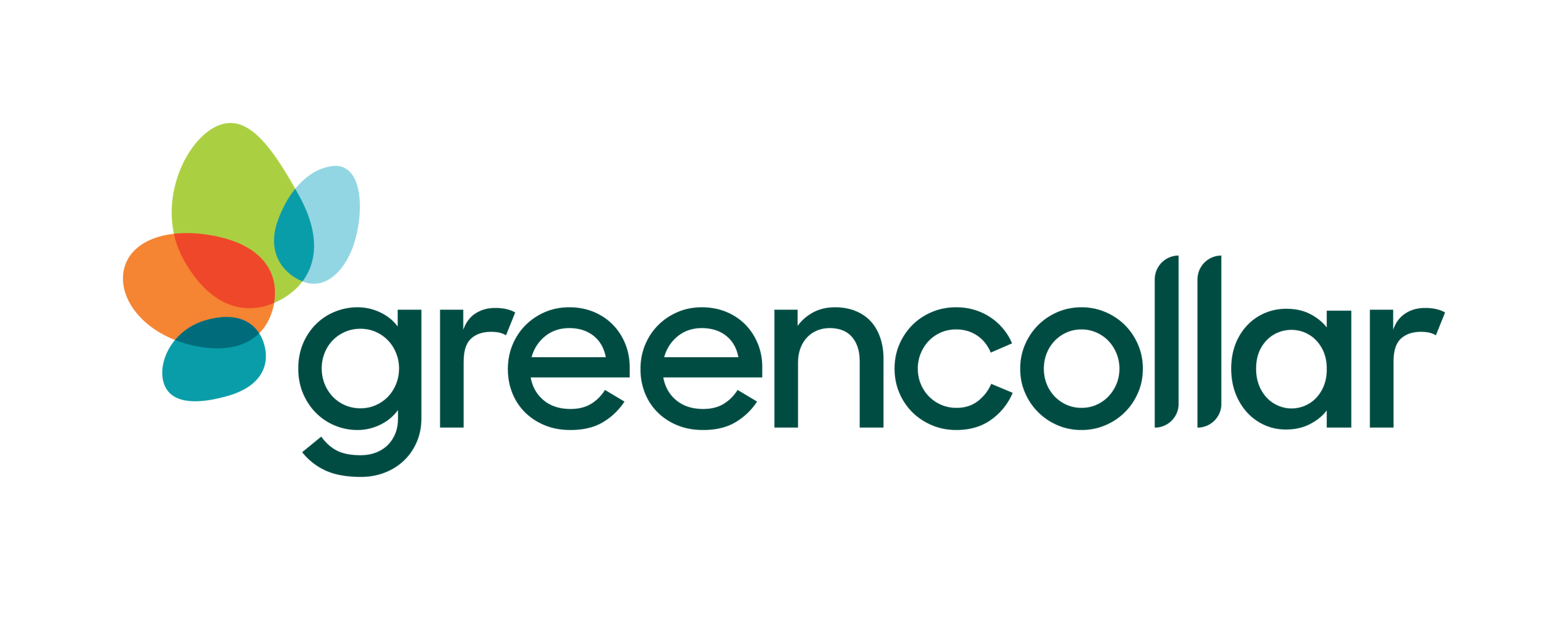Media release: GreenCollar today launched the NaturePlus™ biodiversity conservation scheme, which applies a scientifically rigorous world-first environment accounting standard for generating credits to projects in high conservation value landscapes when they produce measured and verified results for nature.
The NaturePlus™ Credit Scheme consists of land management projects dedicated to improving environmental condition for ecosystems, habitat and threatened species (including koalas and other threatened animal or plant species) from real, measured results that are third-party verified under world-leading environmental accounting standard, Accounting for Nature®. The projects, which are currently being piloted, are managed by GreenCollar in partnership with the landholders.
“With the evidence in the Australia State of the Environment report, the UN’s IPCC ‘code red for humanity’ climate report, the federal government’s Threatened Species Action Plan announcement, and the knowledge that more than one million species are at risk of extinction globally, it is critical that we implement approaches that deliver real and measurable improvements for our environment and in our fight against climate change,” said GreenCollar CEO, James Schultz.
“GreenCollar’s NaturePlus™ scheme does precisely that – the credits generated from these projects will actually be making a difference – helping movement from ‘no net loss’ to ‘nature positive’ for the landscapes in which they operate,” he said. “If we want to drive investment into meaningful, high integrity biodiversity markets that play a role in pulling our environment back from the brink, we must – as often as we possibly can – employ measurement, not modelling, and payments for outcomes, not just activities – which NaturePlus™ does.”
GreenCollar has developed two methods that have been accredited by Accounting for Nature®: the GreenCollar Native Vegetation Condition Monitoring Method and the Koala Population and Habitat Condition Method, which was co-developed with Queensland Trust for Nature and WWF Australia. GreenCollar is currently piloting and validating twenty NaturePlus™ Credit projects and will continue to build project numbers in different locations and landscapes.
“NaturePlus™ credits can only be generated from a land management project after improvement in environmental condition has been third-party audited then verified by Accounting for Nature® – then, once areas have improved to a sustainable level, credits can be generated from successfully maintaining that condition,” said GreenCollar Chief Impact Officer, Nerida Bradley. “This measurement and third-party verification creates pathways for scalable voluntary investment in stopping biodiversity loss, building assets of conservation significance and tracking outcomes against global biodiversity goals.“
Each NaturePlus™ Credit represents one-hectare of measured and verified improvement or maintenance of environmental condition. Credits generated across a landscape are categorised into three tiers according to whether they overlap areas of state, national or international significance for biodiversity conservation.
“We expect the first of the pilot projects – which involve real-world testing on multiple projects across multiple landscapes – to start generating credits in early 2023,” Ms Bradley said. “This is all part of testing and refining the Standard for release and transitioning NaturePlus™ Credits into a fully operational environmental market.”
“NaturePlus™ is world leading in the development of high integrity environmental markets and market mechanisms. These tools are critical in building urgently needed private sector investment into the environment – including for restoring habitat, repairing damaged waterways and to halt, and ultimately reverse, Australia’s biodiversity loss and extinction crisis,” Mr Schultz said. “Environmental products, like NaturePlus™ Credits, need to be underpinned by clear and transparent governance, including robust audit and assurance frameworks, as well as transparent registers that provide information and confidence to buyers and investors.”
“High integrity market mechanisms, incentivise and embed good land management and environmental stewardship by providing evidence-based opportunities for land managers to diversify income streams and build the value of their natural capital assets over the long term,” he said.
With the impending release of the Post-2020 Global Biodiversity Framework targets later this year, and the Taskforce for Nature-related Financial Disclosures framework in 2023, Mr Schultz said that market and regulatory pressures that drive a shift to nature-positive are set to increase dramatically, which is where effective, verifiable, high integrity market mechanisms like NaturePlus™ will prove themselves to be invaluable.

